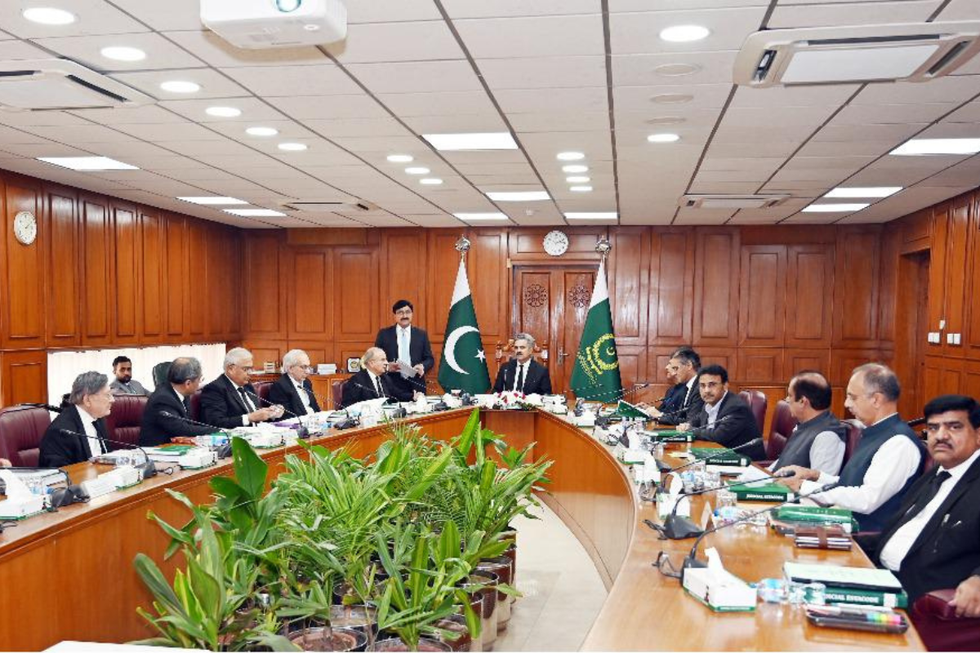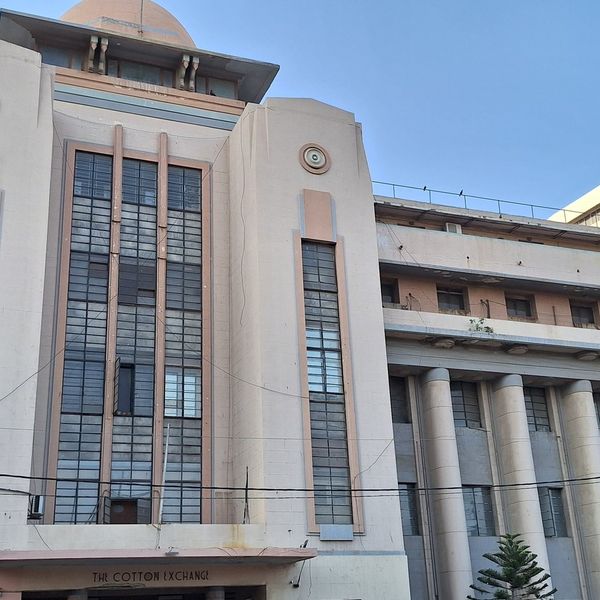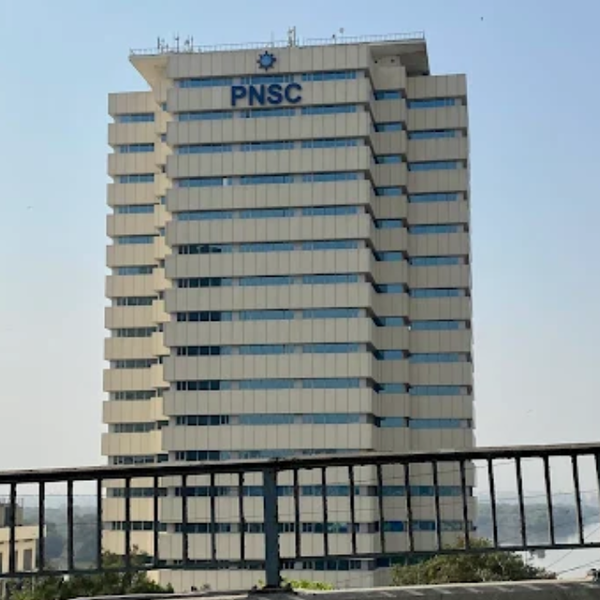Pakistan's Supreme Judicial Council dismisses 10 complaints against judges
Separately, Judicial Commission of Pakistan authorizes all Sindh High Court judges to serve as Constitutional Bench until November 24

Aamir Abbasi
Editor, Islamabad
Aamir; a journalist with 15 years of experience, working in Newspaper, TV and Digital Media. Worked in Field, covered Big Legal Constitutional and Political Events in Pakistan since 2009 with Pakistan’s Top Media Organizations. Graduate of Quaid I Azam University Islamabad.

Chief Justice Yahya Afridi chairs meeting of Supreme Judicial Council on Friday, November 8, 2024.
Nukta
Pakistan’s Supreme Judicial Council (SJC), the primary accountability body for judges, dismissed 10 complaints against superior court judges on Friday, citing insufficient evidence.
The council, which reviews allegations of judicial misconduct, also warned that it would take action against complainants submitting frivolous complaints.
In a statement from Pakistan's Supreme Court, the SJC noted that it examined complaints against judges under Article 209 of the Constitution and determined that none provided enough substantial evidence to proceed.
“No substantial evidence has been cited by the complainants,” the statement said. All complaints alleged misconduct by the judges.
The meeting, chaired by Chief Justice Yahya Afridi, was attended by council members including Justice Mansoor Ali Shah, Justice Munib Akhtar, and chief justices Aamer Farooq of the Islamabad High Court and Hashim Kakar of the Balochistan High Court.
The council also addressed an initiative proposed by the secretary of the SJC to formalize rulemaking and establish a secretariat for the council. Members agreed to draft rules, which will be presented for review at the next monthly meeting.
Chief Justice Afridi has been authorized to appoint a secretary for the council on a three-month basis to facilitate this process.
The council further discussed a recent letter from six judges of the Islamabad High Court, considering ways to broaden consultations on the code of conduct for judges and heads of various institutions.
All SHC judges to serve as Constitutional Bench
Separately, the Judicial Commission of Pakistan (JCP) authorized the entire Sindh High Court bench to serve as a Constitutional Bench until November 24, marking the first time a provincial high court will operate as such under the 26th Constitutional Amendment.
The meeting, also led by Chief Justice Afridi, resolved that all Sindh High Court judges would act as constitutional judges until a follow-up meeting on November 25.

The JCP convened with key legal and governmental representatives, including Justice Muhammad Shafi Siddiqui, chief justice of the Sindh High Court, who proposed the establishment of the Constitutional Bench.
Federal Law Minister Nazeer Tarar, Attorney General Mansoor Usman Awan, Senator Farooq H. Naik, Senator Shibli Faraz, Member National Assembly Sheikh Aftab Ahmed, Omar Ayub Khan, and Roshan Khursheed Bharucha were also present.
In its statement, the JCP confirmed it would review the Sindh High Court’s status in its meeting scheduled for November 25.26th Amendment
The creation of these constitutional benches, along with changes to the selection process for the chief justice, was part of the controversial 26th Constitutional Amendment. This amendment, which was passed by the parliament on October 20 with a two-thirds majority, reshapes the structure of judicial appointments and aims to streamline the apex court’s handling of significant constitutional cases.
The 26th Amendment has expanded the Judicial Commission to 13 members, tasked with appointing judges for the Supreme Court, high courts, and the Federal Shariat Court.
With these adjustments, the commission and its constitutional benches will play a pivotal role in the country’s judicial landscape.







Comments
See what people are discussing